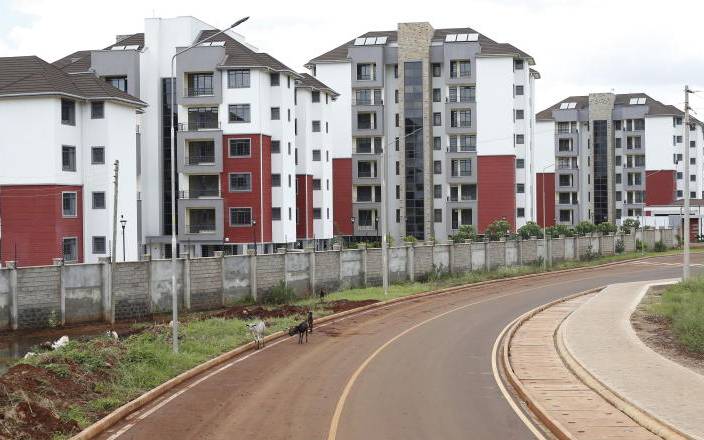×
The Standard e-Paper
Stay Informed, Even Offline

Lifestyle Homes Apartments at Kijani Ridge at Tatu City a 5,000 Acre mixed use Special Economic Zone. [Wilberforce Okwiri, Standard]
On a quiet Thursday morning, H&A drove into Kiambu County to check on the progress of Tatu City, a mixed-income community whose construction started in 2015.